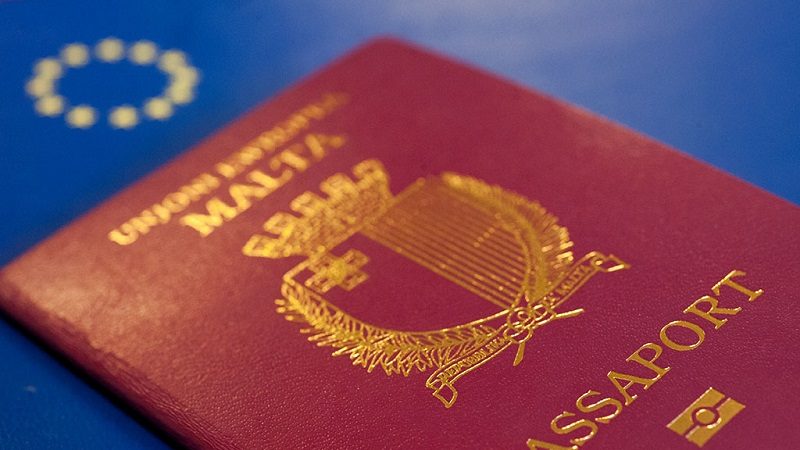Sergei Kolesnikov, a Russian businessman listed on Forbes’ list of billionaires, is one of Malta’s new citizens through the controversial passport scheme.
The Maltese government published its list of new Maltese citizens on New Year’s eve, listing over 3,000 new citizens who were granted citizenship in 2019.
The list does not distinguish those who bought citizenship and those who became Maltese citizens through naturalisation, making it difficult for those attempting to scrutinise the scheme. It is only through analysis by the press that the Maltese public gets an idea of who is buying the passport.
Kolesnikov is the co-founder and co-owner of Technonicol, a company that manufactures and supplies roofing, waterproofing, and thermal insulation materials. According to Forbes, Technonicol owns more than 50 companies and factories in seven countries in Europe and Asia.
Kolesnikov confirmed to Moldovan investigative newspaper Ziarul de Garda that he holds Maltese citizenship and explained that the “new” passport “saves time travelling and expands the geography of countries without an entry visa”.
“Today I already have enterprises in four European countries. I don’t plan to stop there. The new passport allows you to save time on travel and expand the geography of visa-free countries,” Kolesnikov told Forbes.
Kolesnikov could be just one of several renowned Russian businessmen who purchased a Maltese passport named in the most recent list published by the government.
Other names coincided with ‘famous’ Russian businessmen including Georgy Chumburidze who is a shareholder in the company ‘Vertical’, the co-owner of Valenta Pharm Anton Strekalov, General Director of Rusenergosbyt energy trader Andrey Zinoviev, founder and co-owner of the Petrovich chain Andrian Melnikov, co-owner of DataPro Alexei Bogdanchikov and Georgy Vedernikov – one of the founders of the LSR developer, Forbes reported.
In 2018, The Shift had reported that the demand to purchase property in Malta and Cyprus by Russians had increased by 40% and the majority are cash-for-passport applicants, according to international real estate agency Knight Frank.
A scheme shrouded in controversy
The list for 2019 was published at a time when both Malta and Cyprus are being scrutinised by the European Union for their ‘Golden Passport’ schemes. The Union launched infringement proceedings against the countries in October, with the Commission arguing that the programmes are in violation of EU law.
Parliamentary Secretary for Citizenship Alex Muscat has said that Malta will “defend its position” all the way to the European Court of Justice, if necessary.
Established in 2014, persons applying for citizenship would have to commit themselves to provide proof of residence in Malta, and pay a fee of €650,000 to be deposited in the National Social Development Fund, as well as investments of at least €150,000 in stocks and bonds. Family members could be added for an additional fee of €25,000 to €50,000 per person.
Since it was established, the scheme has been shrouded in controversy. Throughout the years, a number of “new Maltese citizens” passport holders have been linked with money laundering, fraud or tax-dodging crimes.
These include Israeli businessman Anatoly Hurgin, who is charged with fraud in the US and fraud, smuggling, and money laundering in Israel; Liu Zhongtian, an aluminium billionaire indicted in the US on allegations of avoiding close to $2 million in American tariffs; Boris Mints, a Russian billionaire facing fraud charges in the UK; and Mustafa Abdel Wadood who pleaded guilty to conspiracy and fraud charges, among others.
In a report published in March, anti-corruption NGO Global Witness slammed Identity Malta’s response to revelations on shady passport buyers as “weak” and asked whether the scheme was as rigorous as the Maltese authorities try to portray.
Unlike Cyprus, which suspended its scheme amid revelations of alleged wrongdoings within the scheme, Malta replaced the scheme with a revamped version, with minor adjustments, now entitled ‘Exceptional Services by Direct Investment’.













